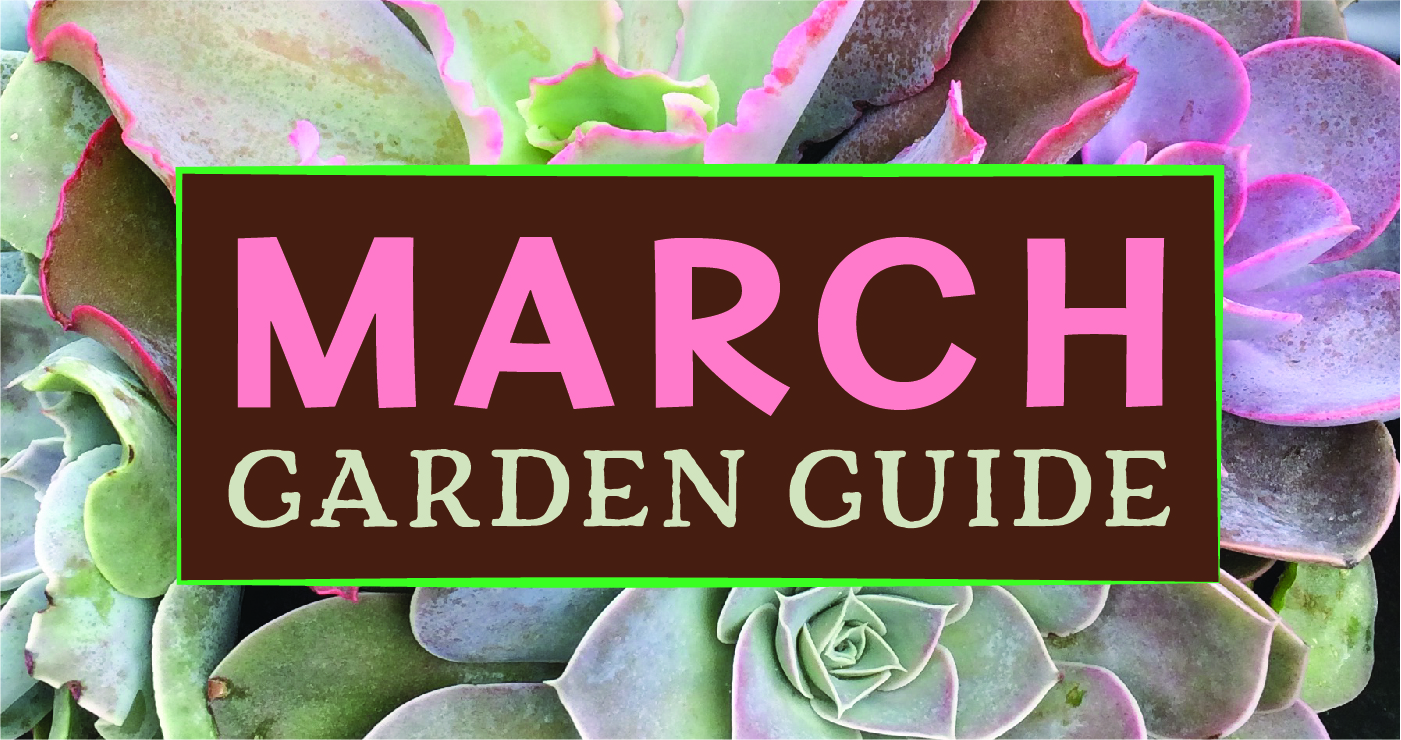
Lawn Care
Weed Control
Spot treat existing weeds growing now with natural horticultural vinegar or Captain Jack's Deadweed Brew. Both will burn any foliage so take care to not spray your plants or lawn.
To prevent weeds, apply Hi Yield Grass and Weed Stopper or Weed Beater Complete to help control existing weeds and prevent new ones.
Apply Weed-B-Gon for Southern Lawns or Image to kill the existing weeds once our weather warms up to 70-80 degrees with no rain for about 5 days. They are safe for Floratam & Raleigh St. Augustine and Bermuda. Give them 2 weeks to fully work and then it should be time to fertilize the lawn.
Fertilize
Fertilize when the grass is actively growing. Apply organic Medina Growin Green or Milorganite to your lawn. Water in well (approximately 30 minutes per area). These organic fertilizers will feed your lawn and soil with minimal watering. Lay new sod anytime, bermuda seed anytime this month.
What To Plant
Most annuals and perennials can now be purchased as transplants this month. Here is a list of some of our favorites: (L-R) caladiums (plants and bulbs), larkspur, petunias, salvia, gerbera daisy, alyssum, false heather, celosia, lantana, coleus.
Read: Fuel For Your Hungry Hummers
 Vegetable Seeds
Vegetable Seeds
Beans, okra, radish, pumpkins, and watermelons, squash, cantaloupe, basil, corn
 Vegetable Transplants
Vegetable Transplants
Tomatoes, peppers, cucumbers, squash, eggplant, and strawberries
Garden Guide: Vegetable Planting Dates
 Hardy Trees, Shrubs, Vines, Grasses
Hardy Trees, Shrubs, Vines, Grasses
All hardy and tropical trees, shrubs, vines and grasses. I can’t think of one that can’t be planted now!
 Bulbs & Caladiums
Bulbs & Caladiums
Late spring and summer bulbs such as caladiums, and elephant ears
Houseplants
March is a great time to clean, trim, and feed your houseplants. As the sun becomes stronger, plants may require more waterings. Check more often. Consider repotting in Spring. Over Winter, houseplant roots can outgrow their existing pots.
Fertilize
AZALEAS, GARDENIAS, MAGNOLIAS
Fertilize organically with Maestro Gro-Rose Glo or Espoma Azalea Tone.
HIBISCUS & TROPICAL BLOOMERS
Fertilize all hibiscus and tropical bloomers organically with Maestro Gro-Rose Glo, or conventionally with Hibiscus Food.
ALL TREES & SHRUBS
Fertilize organically with Milorganite, Medina Growin Green, Plant Tone, or Hasta Gro.
ANNUALS & PERENNIALS
Fertilize organically with Medina Growing Green, Hasta Gro, Maestro Rose Glo, or Plant Tone, or conventionally with Osmocote Time Release Granules.
ESTABLISHED ROSES
Fertilize organically with Maestro Rose Glo or Plant Tone.
ESTABLISHED CITRUS TREES
Fertilize organically with Citrus Tone.
Read: Fertilize Your Citrus Now
All granular fertilizer should be watered in well.
Water
- Water all plants well after planting, and regularly through the first year. Plants will begin to use more water as they grow and bloom.
- Outdoor potted plants dry out quickly, as do hanging baskets and small annuals.
- Mulch all plants to help hold moisture.
Garden Guide: Good Water Practice for Established Trees, Shrubs, and Lawns
What to Watch Out For
Protect your Lawn from Oak Leaves
Live oaks are following their natural pattern of dropping old leaves before the new leaves come on. Now it’s time to get those oak leaves off your lawn before it suffocates the grass. Under large oaks, since the grass is often thin and stressed anyway because of shade, using a blower is less stressful on the weak turf than a rake.
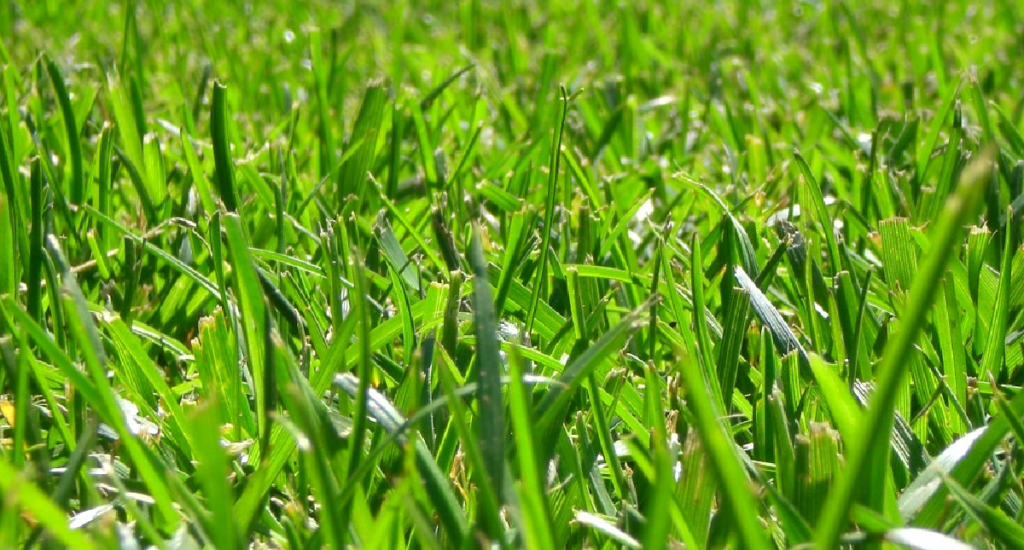
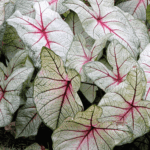
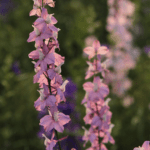
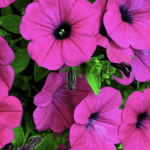
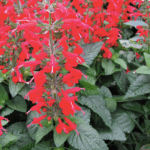
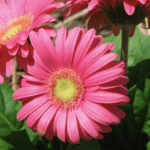
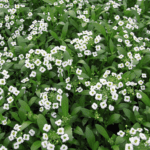
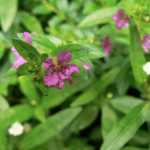
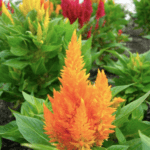
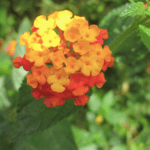

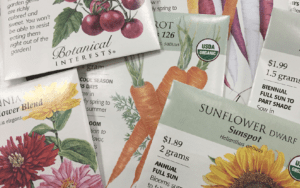
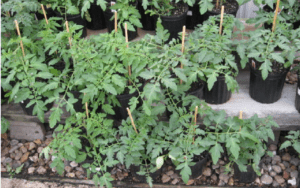
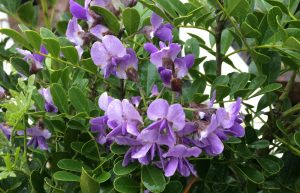
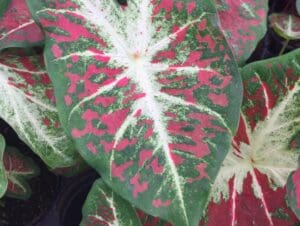
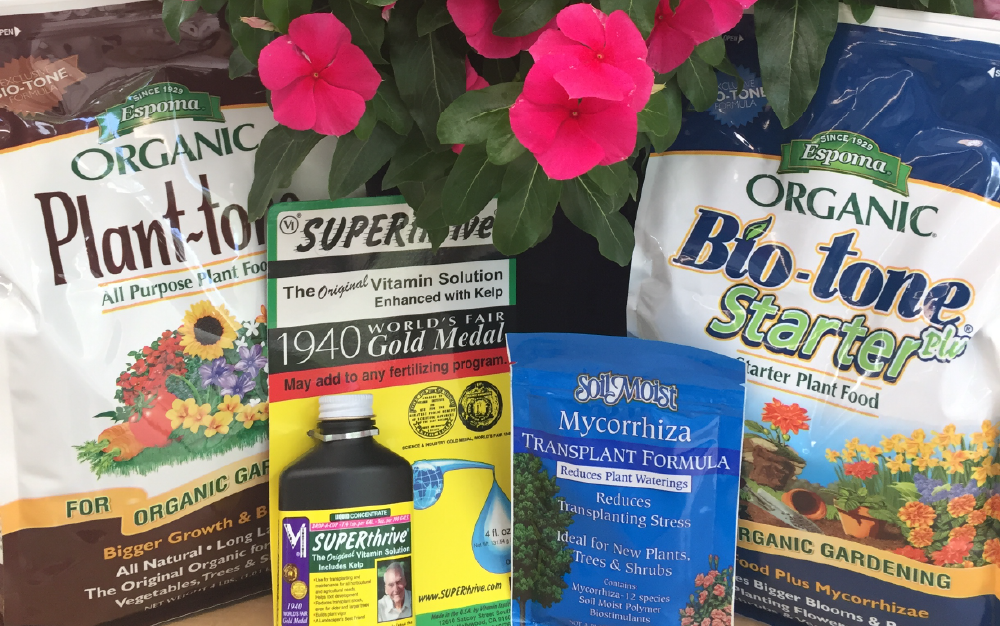
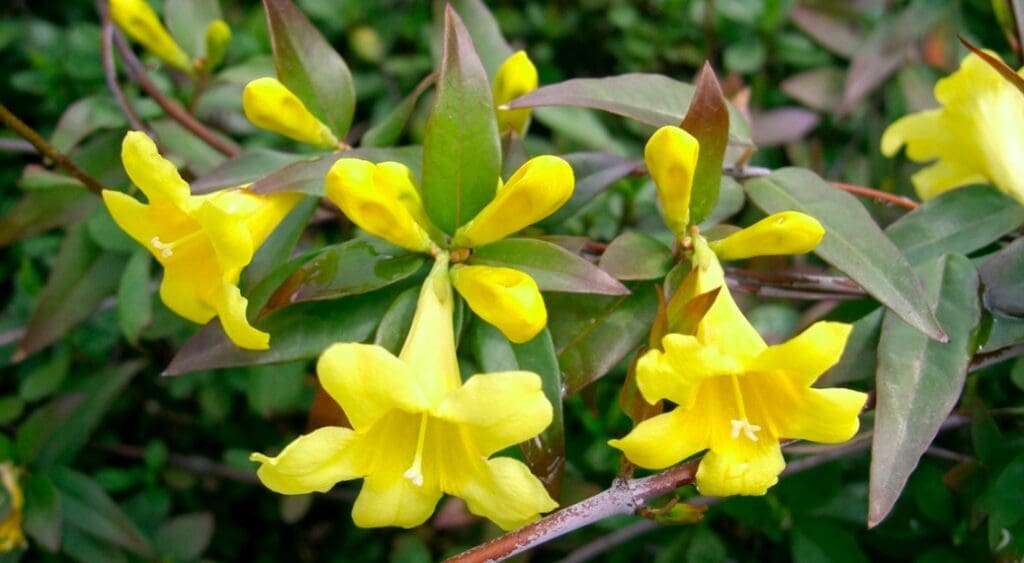
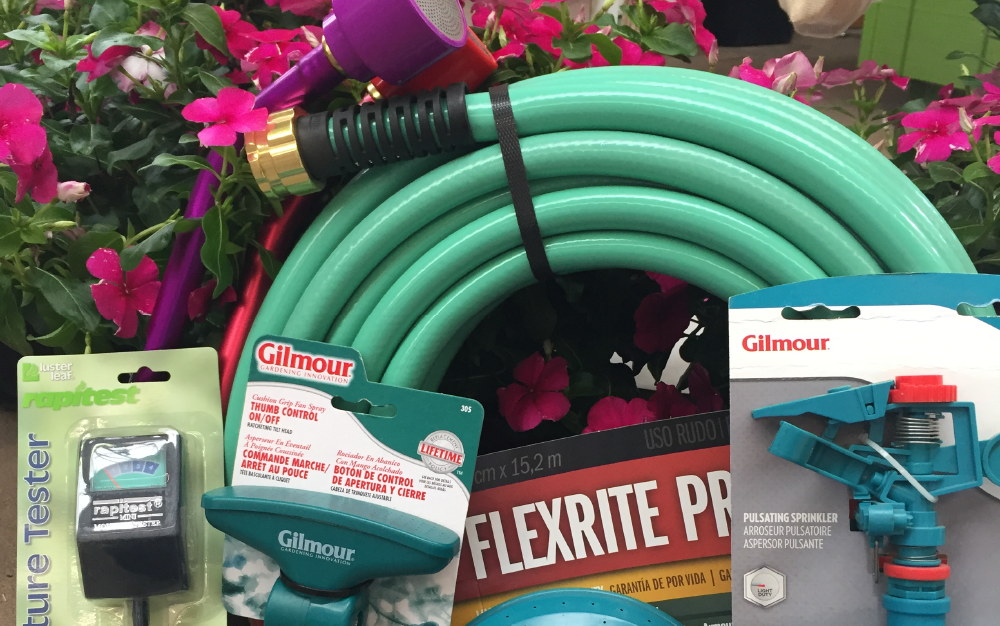
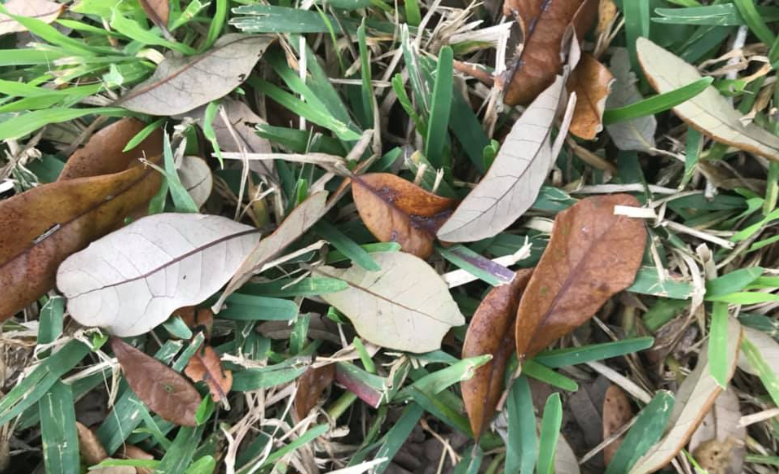





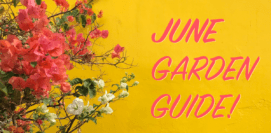
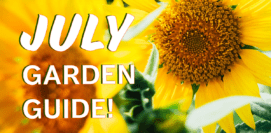


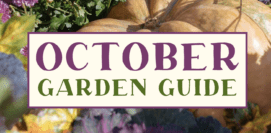




Reader Interactions